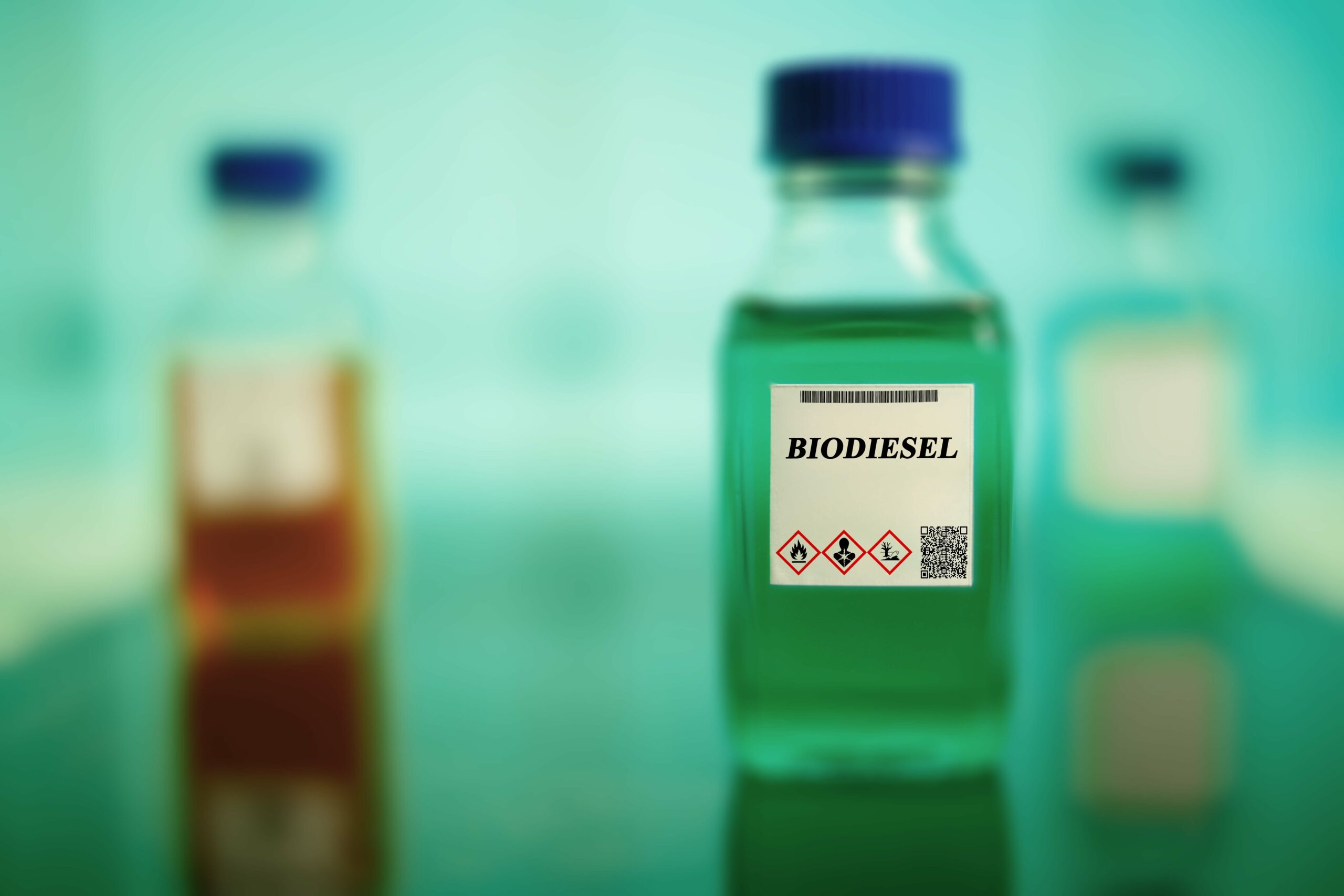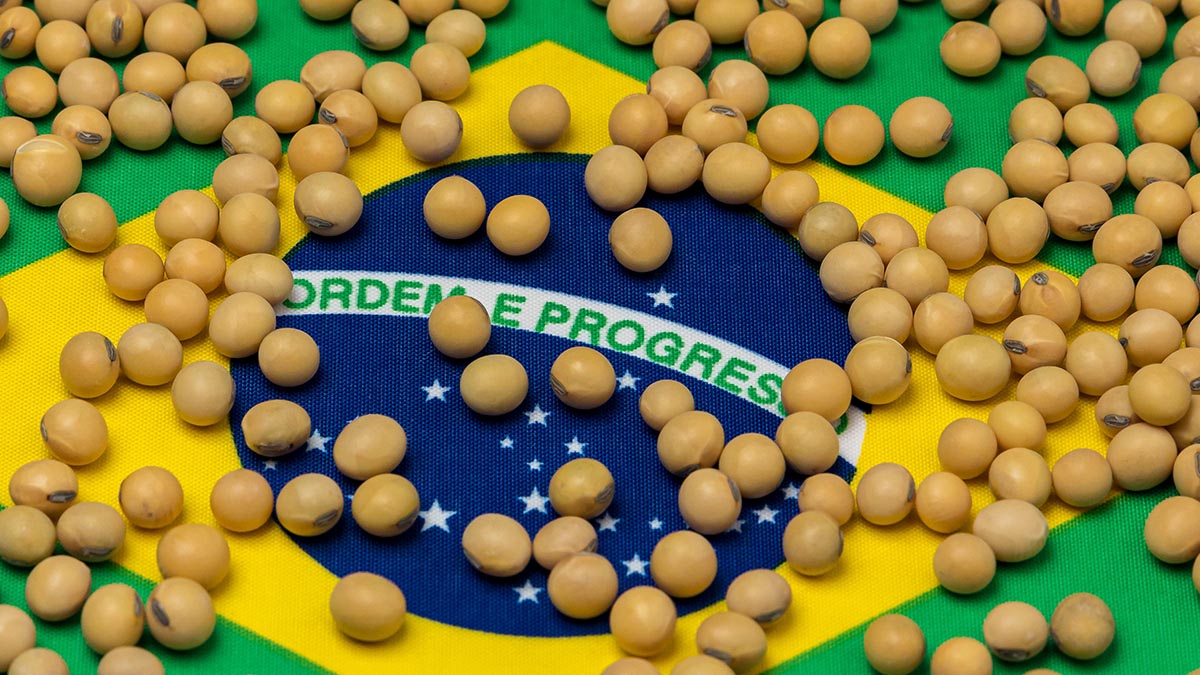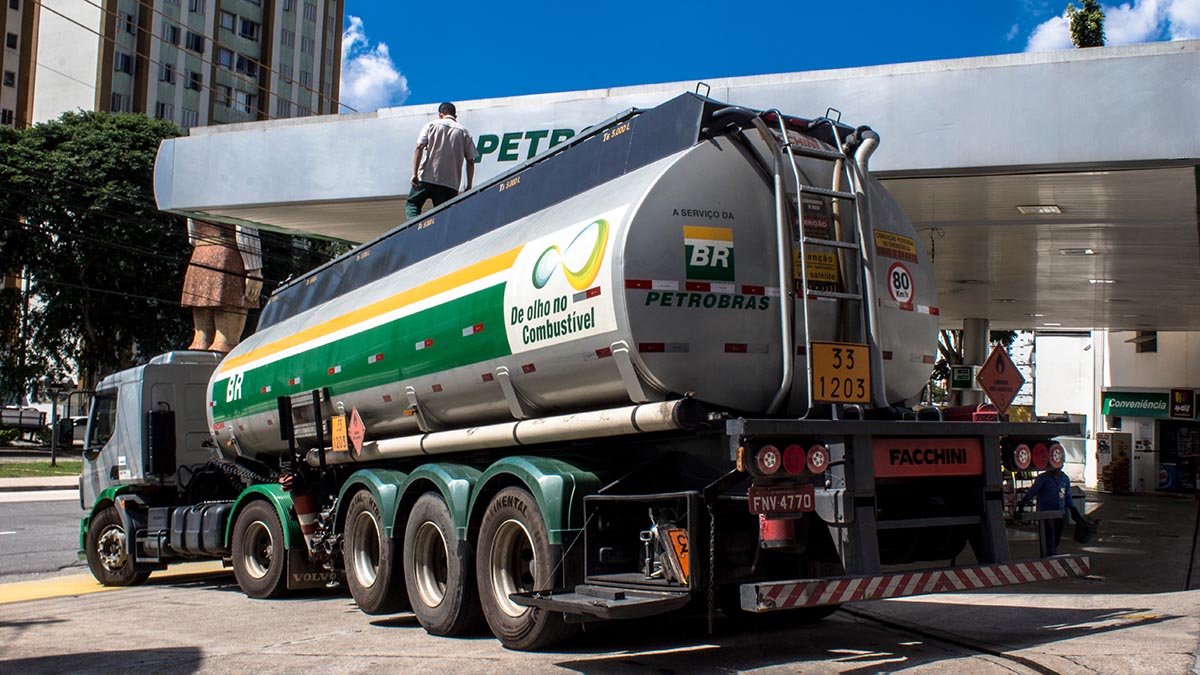
Brazil prepares to boost biodiesel blending goals
Brazil’s biodiesel industry experienced a remarkable rise from near-zero production in 2004 to more than four billion litres by the end of 2017. However, recent years have been challenging for the industry. In a highly competitive market, Brazilian biodiesel producers are contending with unused capacity. According to the Brazilian Union of Biodiesel and Biokerosene (Ubrabio), around 50% of biodiesel production capacity is currently idle.
On December 19, 2023, the Brazilian National Council for Energy Policy (CNPE) announced it was raising the mandatory biodiesel mix in diesel fuel, providing a shot in the arm for the ailing oilseed crushing industry. From March 14, 2024, the biodiesel requirement will increase to 14% (B14), before rising to 15% (B15) in 2025. The CNPE directive is a significant jump from the current 12% biodiesel blend and accelerates previously approved targets of 14% in 2025 and 15% in 2026.
Alexandre Silveira, Brazil’s minister of Mines and Energy, hailed the mandate and emphasised it will play a pivotal role in reducing Brazil’s reliance on diesel imports, stimulating national agriculture and helping decarbonise the world’s seventh most populous country.
There have been repeated calls for tighter controls on biodiesel imports to Brazil— to protect the local industry. Around 25% of Brazil’s diesel fuel consumption is currently purchased from abroad. Alongside the enhanced blending requirements, CNPE has placed a halt on biodiesel imports “until further notice.” No final policy decision has been made, stresses Silveira, however, the temporary suspension will provide an opportunity to observe how the market adapts to the change. A 15.1-million-barrel reduction in diesel fuel imports is anticipated off the back of these announcements, according to market intelligence company, Industrial Info Resources.
The new regulation will boost the supply of cleaner fuels, with an estimated environmental impact of five million tonnes of avoided carbon dioxide, according to the Ministry of Mines and Energy. It will also advance the demand for local grains. Soybean oil, which constitutes 70% of Brazil’s biodiesel feedstocks, is crucial for the country’s biodiesel production.
Brazilian soy processors are projected to crush an additional one to two million tonnes of soybeans in 2024 to meet the growing demand for biodiesel. Analysts have also forecast a two million tonne decrease in Brazil’s soybean surplus production which is available for export. Malaysian palm oil futures rose immediately following the CNPE announcement, with a fall in soy oil exports expected to drive greater demand for palm oil.

Indonesia is the world’s largest producer of biodiesel and renewable diesel with a reported output of 13.65 billion litres in 2022. A new national standard (B35) was enforced on August 1, 2023, and there are plans to introduce B40 in the next few years. Brazil is also committed to the adoption of biofuels and is second in terms of biodiesel volumes. The South American nation has gradually increased the mandatory blend over the past couple of decades.
The National Biodiesel Production and Use Program was introduced in December 2004, followed by the enactment of the Biodiesel in the Brazilian Energy Mix in December 2005— which included a minimum of 2% biodiesel by 2008. Regular resolutions have delivered a stepped increase in biodiesel content, eventually reaching 10% in March 2019. On April 1, 2023, the Mines and Energy Ministry raised the minimum biodiesel blend to 12%. This change reversed an earlier decision by the Balsonaro-led government to decrease the blending requirement from 13% to 10%. The move aimed to curb fuel prices but sparked outrage within the industry.
Understandably, biodiesel producers are thrilled with the CNPE decision, seeing it as a chance to regain competitiveness. Although, many are steadfast in the view that a 15% threshold should have been implemented in 2023. Ubrabio suggests the move will play a significant role in trade and job creation, as well as positioning Brazil at the forefront of the energy transition and green economy.
There have been murmurs around the appropriateness of the timeframes. Nevertheless, the biodiesel industry appears confident there are abundant biodiesel inputs, with producers operating well below capacity in recent times. Soybean crop planting is 2.1 percentage points lower than the previous season, according to data from Brazilian food agency Conab, and investors will be wary of any weather-related impacts on oilseed-producing regions. Even so, Brazil’s vegetable oils association Abiove believes a B15 mandate is achievable as early as 2024 if required.
S&P Global Commodity Insights, a provider of credit ratings, benchmarks and analytics in the capital, commodity, and automotive markets, expects a 17% increase in Brazil’s biodiesel demand, reaching 7.8 million tonnes (MT) in 2024 and 8.5 MT in 2025.
The CNPE decision offers a significant opportunity for local biodiesel producers. Andre Lavor, CEO of biofuel company Binatural, indicated that the company is expanding capacity to meet growing demand. Binatural plans to increase its output by 20% annually, reaching 650 million litres in 2026. The biodiesel producer does not rely on soybeans, instead utilising alternative sources such as animal fat and recycled cooking oil. Lavor is “optimistic” about further increases in the mandatory biodiesel blend.

Conversely, the Brazilian Petroleum and Gas Institute (IBP) is not as enamoured with these latest developments. IBP criticised the move, highlighting the potential for higher biodiesel prices and the potential impact on fuel supply. Other detractors have cited possible effects on feedstock prices and food inflation due to higher soybean oil demand.
A halt to biodiesel imports may be temporary. The Ministry of Mines and Energy published a notice in Brazil’s official gazette on December 26, 2023, advising that a nine-person working group will evaluate the impact of biodiesel imports. The group must be formed within 30 days and has 180 days to submit its evaluation to the CNPE.
Brazil’s government has previously hinted at a possible increase in the mandatory ethanol blend into gasoline as well. The ethanol blend limit has sat at 27% since a resolution was passed in early 2015. A second working group will assess the technical feasibility of increasing the ethanol blending mandate to 30%.
Brazil’s government has previously hinted at a possible increase in the mandatory ethanol blend into gasoline as well. The ethanol blend limit has sat at 27% since a resolution was passed in early 2015. A second working group will assess the technical feasibility of increasing the ethanol blending mandate to 30%.








